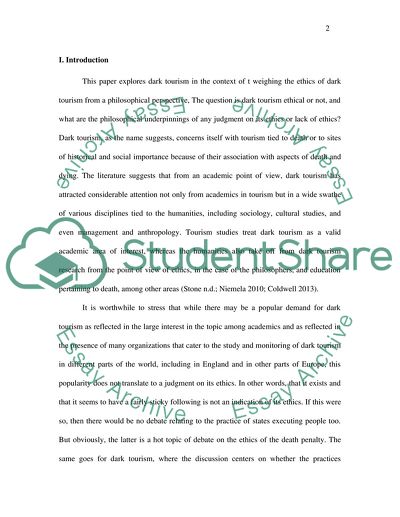Cite this document
(“Dark Tourism Essay Example | Topics and Well Written Essays - 1500 words”, n.d.)
Dark Tourism Essay Example | Topics and Well Written Essays - 1500 words. Retrieved from https://studentshare.org/philosophy/1636843-dark-tourism
Dark Tourism Essay Example | Topics and Well Written Essays - 1500 words. Retrieved from https://studentshare.org/philosophy/1636843-dark-tourism
(Dark Tourism Essay Example | Topics and Well Written Essays - 1500 Words)
Dark Tourism Essay Example | Topics and Well Written Essays - 1500 Words. https://studentshare.org/philosophy/1636843-dark-tourism.
Dark Tourism Essay Example | Topics and Well Written Essays - 1500 Words. https://studentshare.org/philosophy/1636843-dark-tourism.
“Dark Tourism Essay Example | Topics and Well Written Essays - 1500 Words”, n.d. https://studentshare.org/philosophy/1636843-dark-tourism.


